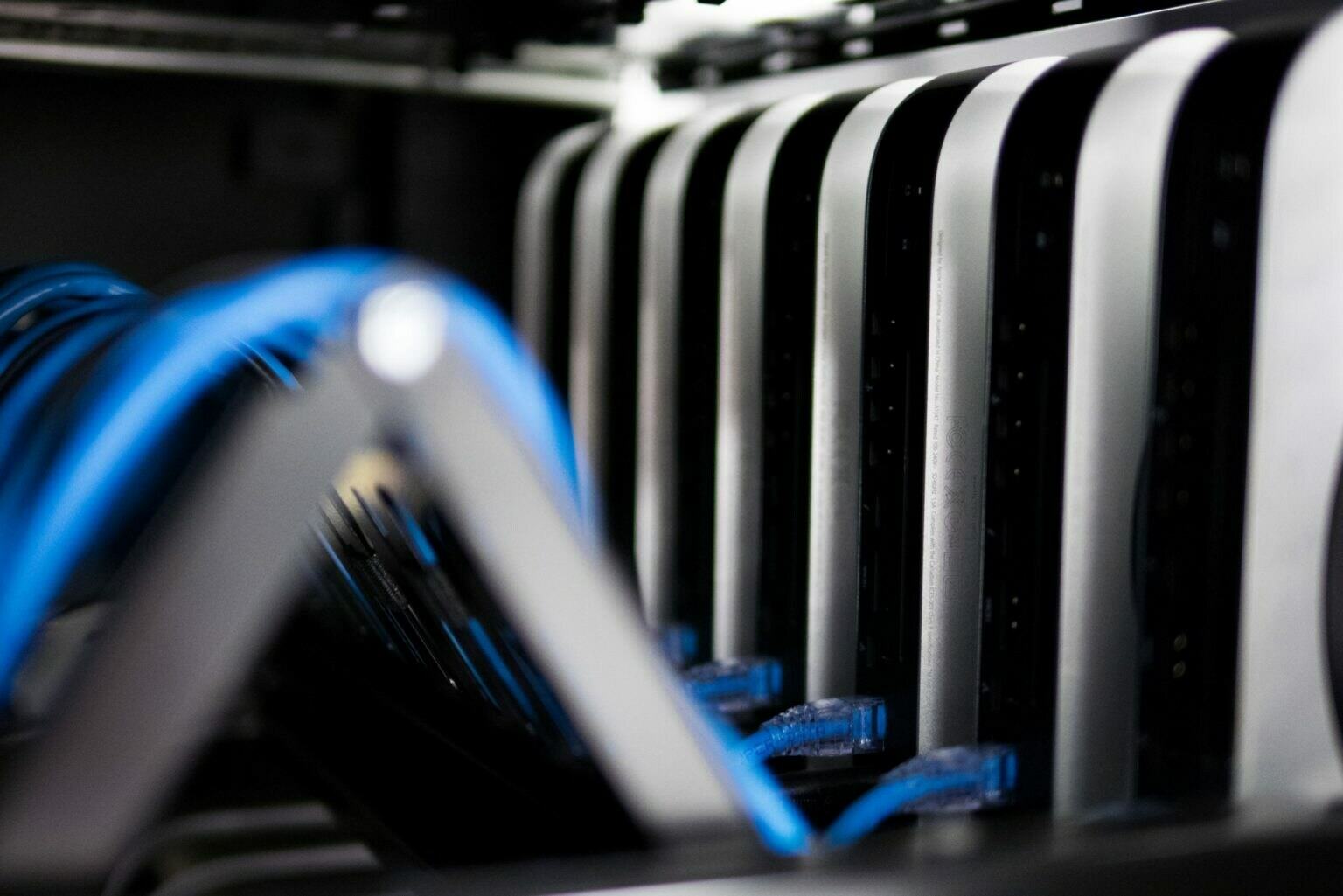Colocation, or hiring a third-party to manage your data servers, is becoming more and more common. That’s because colocation offers businesses a host of benefits, including a redundant power supply which ensures that your data center is always connected. Colocation also allows businesses to scale themselves up as they grow their client base and data needs. That being said, security is an important consideration in trusting any third-party supplier. Here’s a shortlist of things to look for when considering a new colocation provider.
Think About Neutrality
The last thing you want when choosing any third-party vendor is someone who’s getting paid to push more services or products at you. If you don’t have neutrality in your colocation data center, you likely won’t be getting the best service for your unique business and its needs. If your data center is truly neutral, they’ll let you determine which vendors or services you’d like to build upon and which are best left to other companies. A company like NEXTDC is exemplary of this sort of commitment to neutrality, as its ecosystem has over five hundred different partners to choose from. This ensures that you can get the features you want and instills more trust in your third-party data center.
Evaluate The Class Of Facilities
Part of evaluating your data center provider for colocation is learning more about their class of facilities. Even if you’re a small or mid-sized business, it’s never a bad idea to choose a vendor able to provide enterprise-level service. This is because these types of vendors are likely to be used to providing the physical and virtual security measures you need in order to keep you and your customers’ data safe. This includes being compliant with any regulatory security measures that may apply to your industry, as well as things like GDPR compliance if you store customer data and any other local regulations. Beyond virtual security demands, it’s important to think about physical security demands. If your data center can’t handle the power requirements or is inefficient when it comes to managing excess heat, you and your data may be in trouble. This is because poor cooling systems can ultimately lead to data outages if a system overheats, putting the security and safety of your data at risk. Don’t be afraid to ask each vendor some hard questions about the transparency of their billing, how they distribute power, and when their last outage was. An honest company will give you accurate information to base your decision on so you know that your data is truly safe.
Ask About Interconnectivity
One other advantage of choosing a data center is the other users and services each vendor connects you to. Depending on the community of other IT professionals building upon a specific colocation service, you get new opportunities and ideas with which to build your company. Many people use a data center as a bridge to getting on the cloud, and a truly interconnected vendor offers a network of businesses and IT staffs to connect you to and answer your questions with real-world experience. Best of all, since you know that each referral you receive is to someone who is also building upon your data center, the solutions that they offer are both actionable and feasible. The result is a business ecosystem where your company’s IT department can learn from others to better meet your needs and goals.
As you can see, there are a variety of benefits to weigh when looking at any third-party data center. While some of these factors affect the security of your data in terms of storage and protection, other factors like interconnectivity play a role in the long-term security and sustainability of your company itself. If you keep the previous ideas in mind as you talk to vendors about your needs, you’ll be sure to find a good fit for your business’ data colocation.






